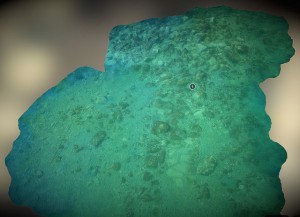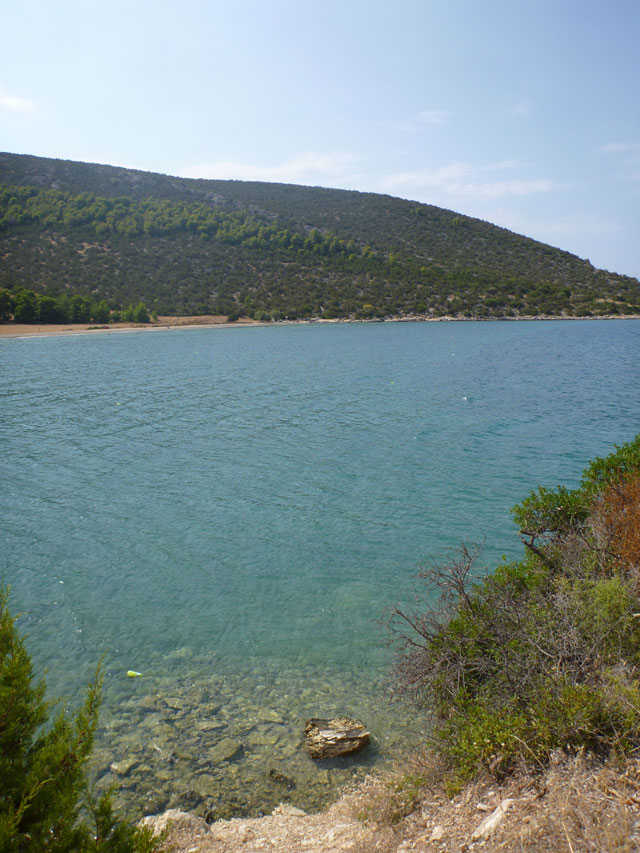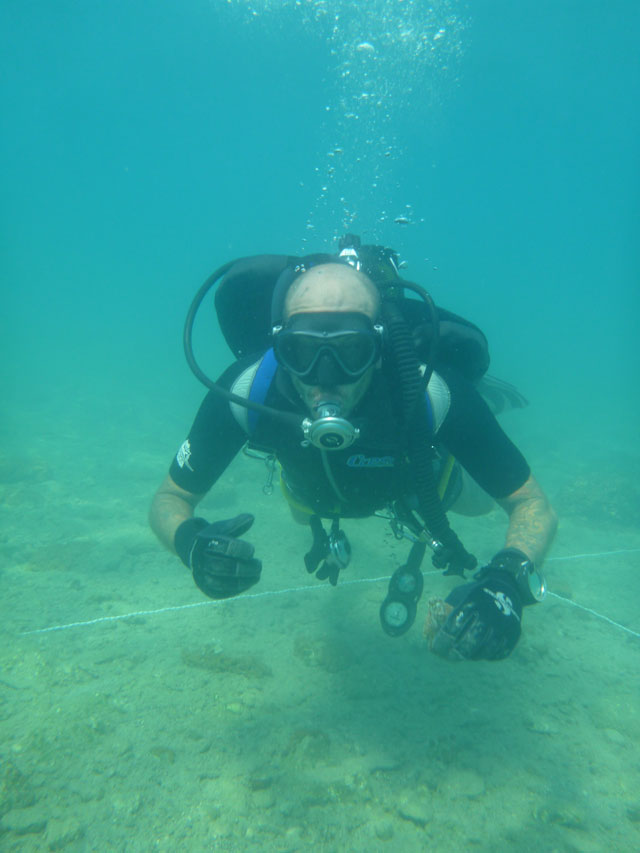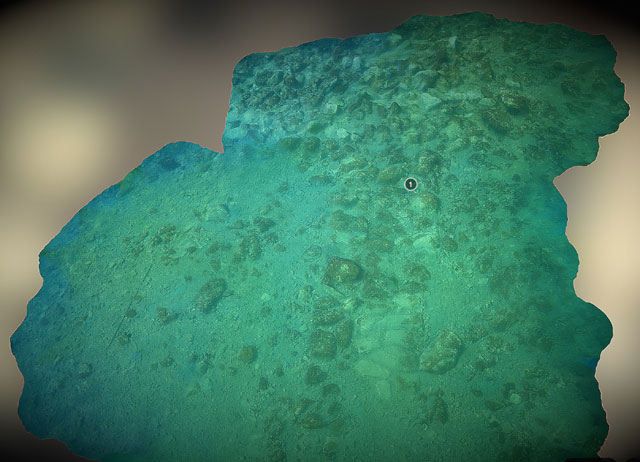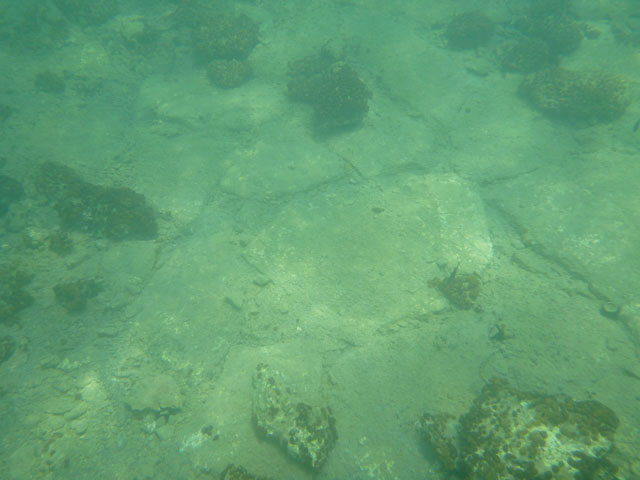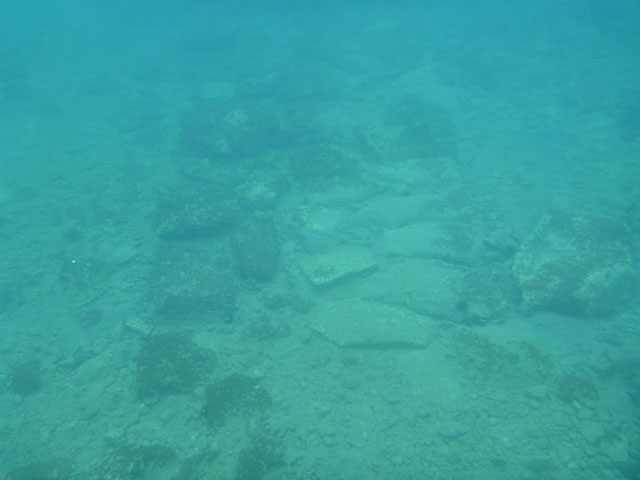An international team of archeologists have found a submerged ancient city in Greece that dates back to the 3rd millenium B.C. The ruins were found underwater back in 2014 by archeologists from the University of Geneva that were undergoing diving training in Kiladha Bay in the Argolic Gulf. A group of Swiss and Greek researchers returned to the site in 2015 to explore the findings that include stone buildings of different shapes, fort walls and paved surfaces that they believe are streets. They have determined that the constructions are over 4,500 years old, dating to 3,000 B.C. as they match the type built in the Greek Bronze Age.
Swiss archeologist Julien Beck told Spero News that the “chances of finding such walls under water are extremely low. The full size of the facility is not yet known.”
Scientists have managed to pull up about 6,000 artefacts from the site that was one of the network of Bronze Age coastal settlements in the Argolic Gulf. The findings will help archeologists piece together parts of the puzzle concerning life in the Bronze Age and learn more about trade, shipping and life during that period.
Ask me anything
Explore related questions
